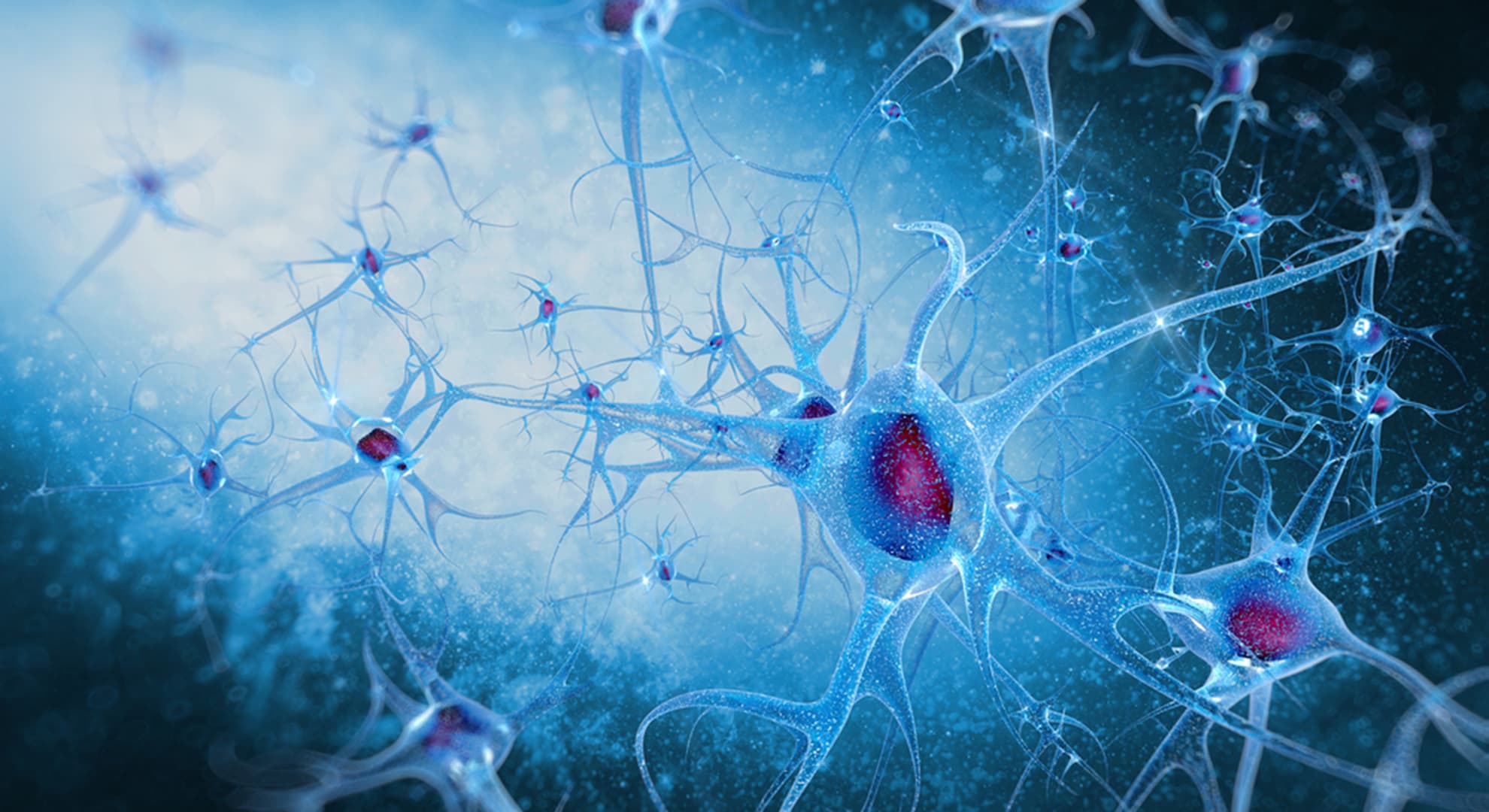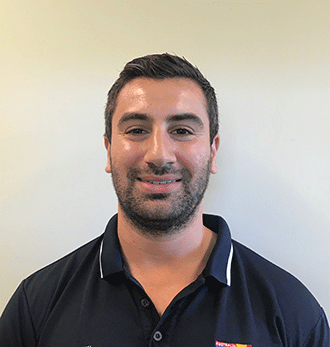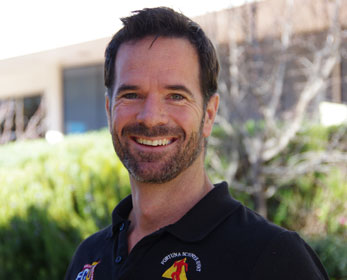New technology will be used in an innovative research project giving hope and help to more than 250,000 Australians living with Chronic Fatigue.
A team of Edith Cowan University (ECU) researchers from the School of Medical and Health Sciences have been awarded $52,000 in funding from the medical research charity, ME Research UK, for an "Investigation of motoneurone firing behaviour and associations with symptom severity in individuals with myalgic encephalomyelitis/chronic fatigue syndrome".
The charity commissions and funds scientific investigations into the causes, consequences and treatments of Myalgic Encephalomyelitis/Chronic Fatigue Syndrome (also known as ME/CFS).
ECU's Professor Janet Taylor, Dr Chris Latella, lecturer in Strength and Conditioning and neurophysiological researcher, and Professor Tony Blazevich, lecturer and researcher in biomechanics and clinical neurophysiology, will be working directly with the nationwide registry and support group Emerge Australia on the project.
Dr Chris Latella explains just how devastating the impacts of the syndrome can be, with as many as 25% of people living with it becoming housebound or bedbound, and many never making a full recovery.
"There is minimal chronic fatigue research and support services in WA, so we hope this project will open new avenues of research about this debilitating syndrome," said Dr Latella.
"'High-density electromyography' technology is gaining a lot of traction in neurophysiology research, but ECU’s research team will be the first to utilise the technology in this population."
"No clear cause has been identified for the muscle weakness or difficulties with physical tasks experienced by those with ME/CFS. With high-density electromyography, electrical activity of the muscles during contractions can be recorded through a grid of electrodes on the skin and then decoded using computer algorithms to give information about motor nerve behaviour.
"By comparing the motor nerves of people with ME/CFS to healthy controls during contractions we will determine whether differences in their firing behaviour exist. We will then determine whether changes in motor nerve behaviour are associated with specific ME/CFS symptoms."
Emerge Australia is a national patient organisation providing education, advocacy, research and support services for people living with ME/CFS. https://www.emerge.org.au/.

 Motoneurones firing
Motoneurones firing





